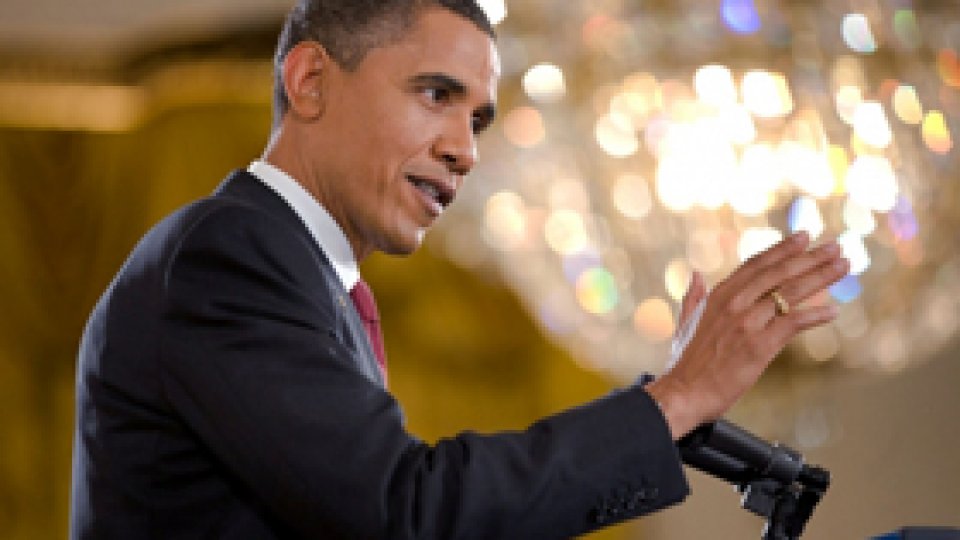Barack Obama ends his Asia tour
During his tour, American President Barack Obama succeeded in raising the U.S. profile in Asia, but failed in boosting the American exports on the Asian developing markets.

16 Noiembrie 2010, 09:45
When he set off on the Asian tour 11 days ago, President Obama left Washington politically weakened after the congressional midterm elections held on November 2nd, when voters punished his party for the slow economic recovery.
Therefore, although it had been long before scheduled, the mission of the American President to Asia, the region with the fastest growing economies, was, first of all, of economic interest.
According to analysts, it was a mixture of success and bitter disappointments, two very profitable visits to India and Indonesia combined with a great disillusionment in South Korea and a visit to Japan which renewed the bilateral relationship between the two states, but without an ambitious dimension.
His commercial aims encountered resistance in South Korea, where he failed to conclude a free trade agreement, an initiative inherited from the Bush administration, which would have increased the American exports by 10 billion dollars and would have created 70,000 jobs in the Unites States.
Subsequently, President Obama was forced to cope with frustration and criticism coming from the G20 leaders attending the summit in Seoul, where the bone of contention was the monetary policy of the United States.
Following the discussions with the G20 leaders, his attempts to persuade them to put pressure on China, as far as its foreign exchange market was regarded, proved to be futile.
India "creates American jobs"
During the 10-day tour, there were moments which reminded of the first year of presidency, starting with the moment President Obama made its appearance in the Indian Parliament and ending with the highly enthusiastic welcome he received at the Jakarta University, Indonesia, his childhood homeland.
His message in India, where he stayed for three days, the longest stay in a foreign country, was that India could help create American jobs.
The White House leader announced that USA had given up on controlling the Indian aerospace and defense industry exports, and also confirmed the American support for a permanent member seat on a future broadened Security Council.
On his way home, President Obama told the reporters that, he had assured President Medvedev on Sunday that getting the Congress to sign the new START nuclear weapons treaty would be a priority of his administration.
The treaty is regarded with skepticism by the Republicans, and in order to be ratified it must receive 67 favorable votes in the Senate, which means that it requires considerable Republican support.
Secretary of State Hillary Clinton and Secretary of Defense Robert Gates asked the Senate to ratify as soon as possible the Nuclear Weapons Reduction Treaty, which was signed by the two presidents in April, showing that the United States’ national security depends on this agreement.
Translated by: Raluca Mizdrea
MA Student, MTTLC, Bucharest University














